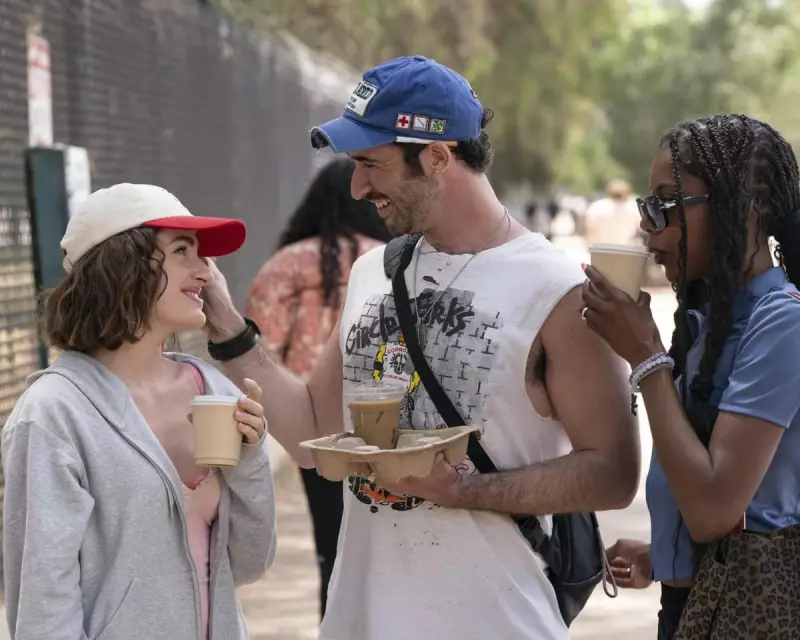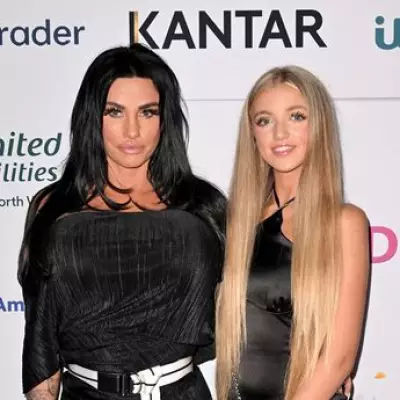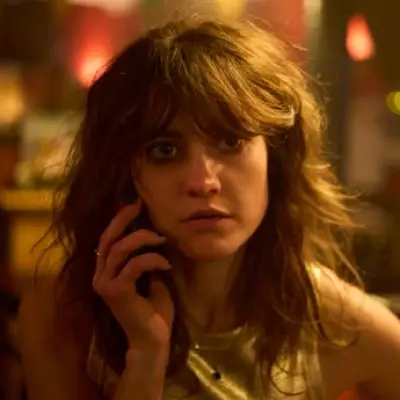
In a television landscape often criticised for mediocre programming, one show has broken through to become 2024's undeniable sensation. I Love LA, the HBO comedy series about Gen Z influencers, has captivated audiences and critics alike, emerging as what many are calling the first truly authentic representation of its generation.
The Show That Changed Everything
Despite being only halfway through its eight-episode run, I Love LA has already generated the kind of cultural buzz that defines event television. The series has inspired obsessive repeat viewings, detailed line-by-line analysis, major platform profiles of its stars, and weekly recaps on influential sites like Vulture. Within days of each episode airing, dedicated fans have transcribed and uploaded entire scripts - a level of engagement rarely seen in today's fragmented viewing habits.
The series marks the television debut of Rachel Sennott, who serves as both creator and star at 30 years old. What makes I Love LA particularly remarkable is its ability to make content about influencers genuinely watchable, overcoming what has traditionally been a problematic genre for older writers.
Beyond the Influencer Clichés
Previous attempts at capturing social media culture, such as HBO's one-season disaster The Girls on the Bus or Netflix's flop Girlboss, typically used social media as either a clumsy plot device or a symbol of societal decay. These shows struggled to connect with audiences because they viewed influencer culture from the outside looking in.
I Love LA succeeds where others failed because Sennott writes from personal experience. Her elevator pitch described the show as "Entourage for internet girls", and the series draws directly from her own move from New York to Los Angeles in 2020 and her years navigating being young, broke and ambitious in a competitive city.
The show follows Maia, a new-hire entertainment manager trying to guide her only client and old friend Tallulah toward influencer success. The ensemble cast includes Charlie, an uber-gay stylist, and the nepo baby Alani, played brilliantly by real-life nepo baby True Whitaker, daughter of Forest Whitaker.
More Than Just Youth Appeal
While there's undeniable buzz around the age of the show's creator and cast members, I Love LA's success stems more from its sensibility than simply its youth quotient. The series shares more DNA with Apple TV+'s middle-age comedy Platonic than with many younger-focused shows, demonstrating that authentic storytelling transcends generational boundaries.
The show benefits from its confidence in assuming viewers will understand its cultural references without explanation. From nods to Diddy and Kramer vs Kramer to specific industry jokes about waiting in line "like an assistant at UTA", I Love LA occupies a world its creators actually live in and feel no need to over-explain.
Critical reception hasn't been universally positive - some note the series takes an episode or two to find its footing - but even recent hits like Hacks appear stagey and sitcom-like in comparison to I Love LA's fresh, realistic approach. In a television environment crowded with underwhelming content, this HBO comedy stands out as genuinely revolutionary television that understands its subject matter from the inside out.






